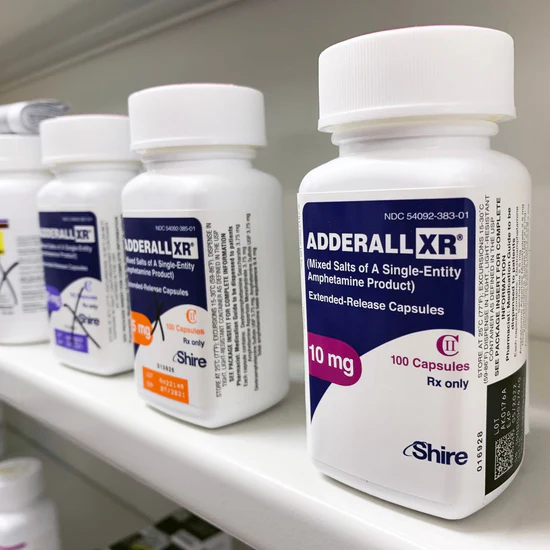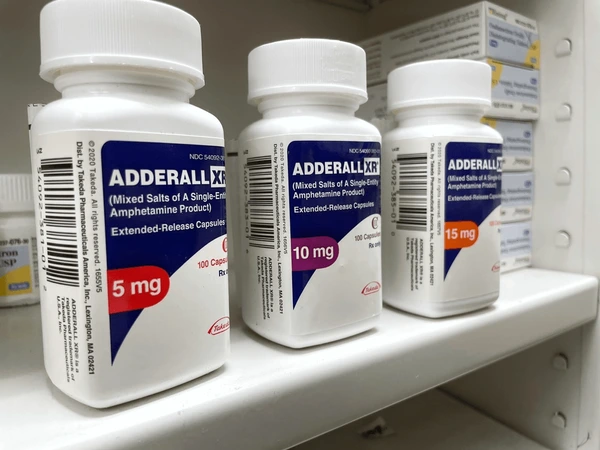Currently Empty: $0.00

Adderall Xr Side Effects, a commonly prescribed medication for attention deficit hyperactivity disorder (ADHD), can be highly effective in managing symptoms like impulsivity, hyperactivity, and inattention. However, like any medication, it comes with potential side effects that users and caregivers should be aware of. Here’s a comprehensive look at Adderall XR side effects, their implications, and how to manage them effectively.
What is Adderall XR?
Adderall XR (extended-release) is a central nervous system stimulant that contains a mixture of amphetamine salts. It works by affecting the chemicals in the brain and nerves that contribute to hyperactivity and impulse control. The extended-release formulation is designed to provide longer-lasting effects compared to immediate-release forms.
Common Side Effects of Adderall XR
- Insomnia: Difficulty falling asleep or staying asleep is a common side effect due to the stimulant nature of Adderall XR.
- Loss of Appetite: Many users experience decreased appetite, which can lead to weight loss, especially in children.
- Dry Mouth: Stimulants like Adderall XR can reduce saliva production, causing dry mouth and potentially increasing the risk of dental issues.
- Headaches: Some users report headaches, which can range from mild discomfort to more severe migraines.
- Nervousness or Anxiety: Stimulants can increase feelings of nervousness or anxiety, particularly at higher doses.
- Digestive Issues: These can include stomach pain, nausea, and constipation.
- Increased Heart Rate and Blood Pressure: Adderall XR can elevate heart rate and blood pressure, which may be problematic for individuals with pre-existing cardiovascular conditions.
Less Common but Serious Side Effects
While less common, these side effects require immediate medical attention if experienced:
- Psychiatric Symptoms: Such as hallucinations, aggressive behavior, or mood swings.
- Allergic Reactions: Including rash, itching/swelling (especially of the face/tongue/throat), severe dizziness, or trouble breathing.
Managing Side Effects
- Communicate with Healthcare Providers: It’s crucial to discuss any side effects with your healthcare provider. They may adjust the dosage or suggest alternative treatments.
- Monitor Vital Signs: Regular monitoring of heart rate and blood pressure is essential, especially during initial use or dose adjustments.
- Healthy Habits: Encourage a balanced diet, regular exercise, and adequate sleep to mitigate some side effects like appetite changes and insomnia.
- Open Communication: For children taking Adderall XR, communication between caregivers, teachers, and healthcare providers is vital to monitor behavioral changes and academic progress.
Conclusion
While Adderall XR can significantly improve the quality of life for individuals with ADHD, understanding its potential side effects is crucial for safe and effective use. By staying informed, communicating openly with healthcare providers, and monitoring for any adverse reactions, users can navigate their treatment journey with confidence and achieve optimal outcomes.




